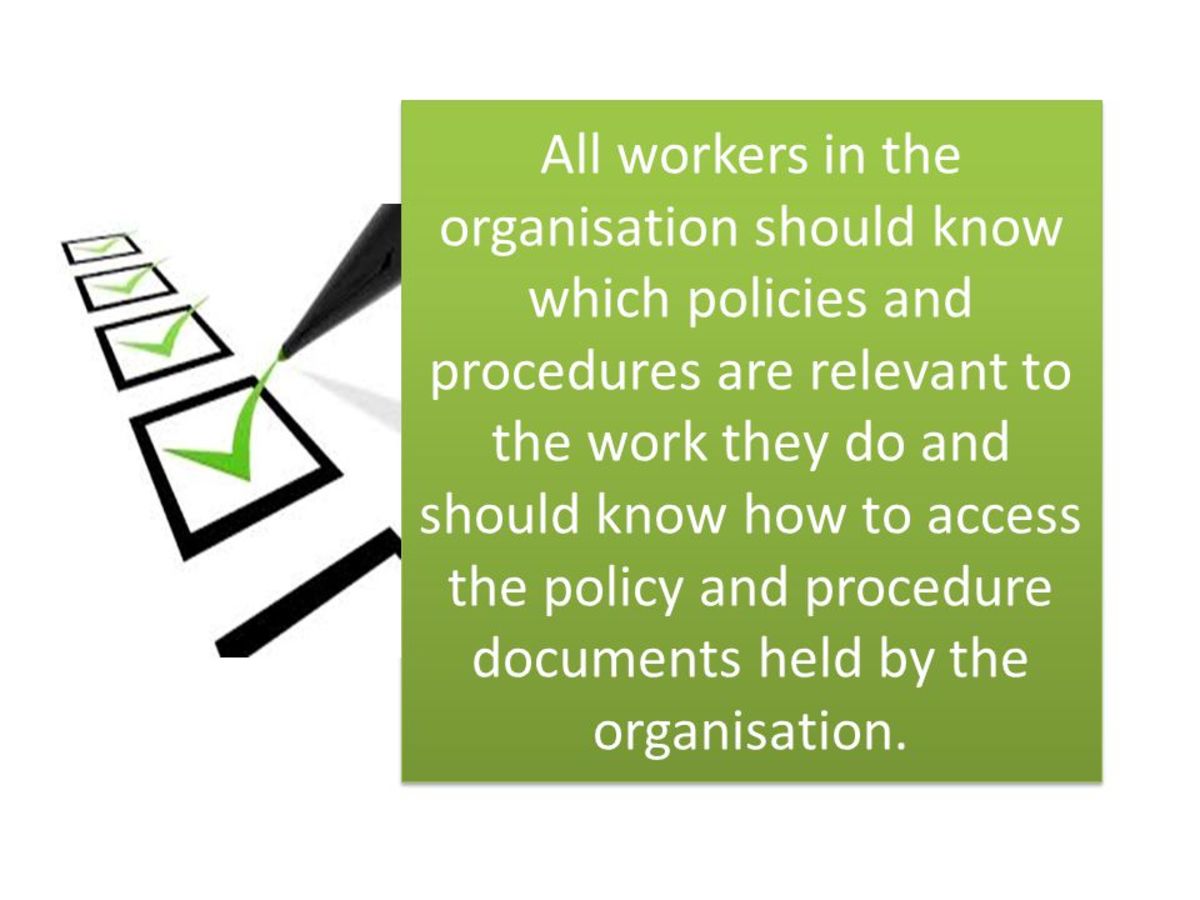Save Whitstable and Herne Bay Delivery Offices: Pensions, Packets & Privatisation

The following is the text of a speech made by CJ Stone to the public meeting about the closure of Whitstable and Herne Bay Mail Delivery offices on Tuesday 23rd November 2010 at the Whitstable Labour Club.
Pension deficit
As people probably know, I’ve been doing my own investigations into the problems of the Royal Mail. I’ve been running a blog, which is widely read and quite influential in the industry. One day I got a comment which caught my attention. So I made an arrangement to talk to the guy who wrote it.
As it turns out he was an ex senior manager with the Royal Mail, and he had some very interesting things to say. He said that the Royal Mail has basically been treading water for the last 30 years or so. The Tories had wanted to privatise it, but didn’t dare as it was too popular at the time. After that New Labour hadn’t known what to do with it. They had a free-market agenda, but basically their own back-benchers wouldn’t allow privatisation. Consequently management have had a short-term agenda. Adam Crozier and his ilk were brought in on short-term contracts, so it’s obvious they wouldn’t have the long-term interests of the Royal Mail at heart. They’ve only been interested in cost-cutting in order to boost their bonuses. After that we’ve had deregulation and downstream access, where the Royal Mail has actually been supplementing its own rivals, and then being obliged to deliver their letters for them. And the Royal Mail management have withdrawn from the struggle as it were. They’ve sat back and started contemplating their own navels.
And in all that time, he says, they’ve been fiddling the figures. Take that pensions deficit. Let’s leave aside the fact that the only reason that it exists is that the company took a pensions holiday for more than a decade – in other words, that the pensions deficit is an entirely manufactured problem. But even if you think that the problem is a genuine one, it’s not actually as bad as its being made out. The figure is put at £10 billion, but how have they come up with that? Basically they have £30 billion worth of liabilities, but only £20 billion worth of assets. But no one is calling on the assets right now, so there’s plenty of time to do something about it, since the majority of people in the pension scheme are not intending to retire immediately.
In other words that £10 billion pensions liability, is actually a £20 billion asset. It just depends on how you want to look at it.
Meanwhile, the government have taken responsibility for the scheme in order to privatise the company. Without the pensions deficit the company is still in a good position. It’s the pensions deficit which has always been used as the main excuse for privatisation. In other words, having nationalised the pensions deficit they’ve made privatisation unnecessary.
Packets
But the most interesting thing that this guy said was about packets. He said that even 15 years ago the Royal Mail knew that packets would be the future. They knew that the number of letters was going to fall. So what have they done? They’ve spent billions of pounds on new technology to speed up the processing of letters, while closing down local delivery offices.
In fact the solution to Royal Mail’s problems would be the exact opposite of this. We shouldn’t be closing down delivery offices, we should be opening them up. We should be extending the facilities in order to cut down on queues. We should be employing more dedicated staff to run these offices. And we should be offering new services to our customers.
Take this idea as an example. The reason we’re having our bikes taken away from us to be replaced by vans is so we can take out more packets. Actually the news from the offices where they’ve already undertaken this change in working practices is that it doesn’t work because the vans are too small. So there’s been a real miscalculation here. The Royal Mail management haven’t thought it through properly. But if we had a dedicated local office, we wouldn’t need to take out the packets. We could offer specific services for specific needs. We could take out a card to tell people that their packet had arrived, and then people could pick it up from the local office. Or we could send a text or an email telling them their packet had arrived.
How easy is that?
And that is the way we could undermine our rivals. The local offices are our main asset. We have offices in every town. TNT don’t. DHL don’t. UK Mail don’t. None of our rivals have a network even remotely approaching ours. With the right management, with the right backing, with imagination and energy, the Royal Mail could be a world beater once more, rather than the basket case it’s become.
Or how about this for an idea. There’s a wealth of knowledge in every delivery office. Why doesn’t the Royal Mail use it?
If you want to know how long a round will take, you don’t need a computer programme to tell you, ask the postie. The postie will know. If you want to know how best to do the round, whether by bike or on foot or with a trolley or a van, ask the postie. The postie will know. If you want to know who has moved in to number 22, and whether Mr Jones still lives at number 27, ask the postie. The postie will know. A walk-sequencing machine can sort the mail fast and efficiently, but could it find a person’s address without a house number or a postcode? The postie can. You want to know how to make the post more efficient? Ask us postal workers. We know.
I remember overhearing one of my work colleagues moaning one day. “The only decision I get to make these days is whether to eat a banana or an apple with my lunch,” he said. And that precisely what is wrong with the Royal Mail. No one bothers to ask us any more, and yet we are the experts.
- Save Whitstable and Herne Bay Delivery Offices
Whitstable and Herne Bay Delivery Offices are going to close. The ostensible reason is that the offices are too small to take the new walk-sequencing machines that are being introduced... - Royal Mail is not delivering | Roy Mayall | Comment is free | guardian.co.uk
Roy Mayall: As profits dive, it's clear this management isn't modernising, it's running the company into the ground but why?



